T: 01822 851370 E: [email protected]
Visit RSN Survey about life in rural England to find out more.
February Edition of Casebook from the Rural Health and Care Alliance
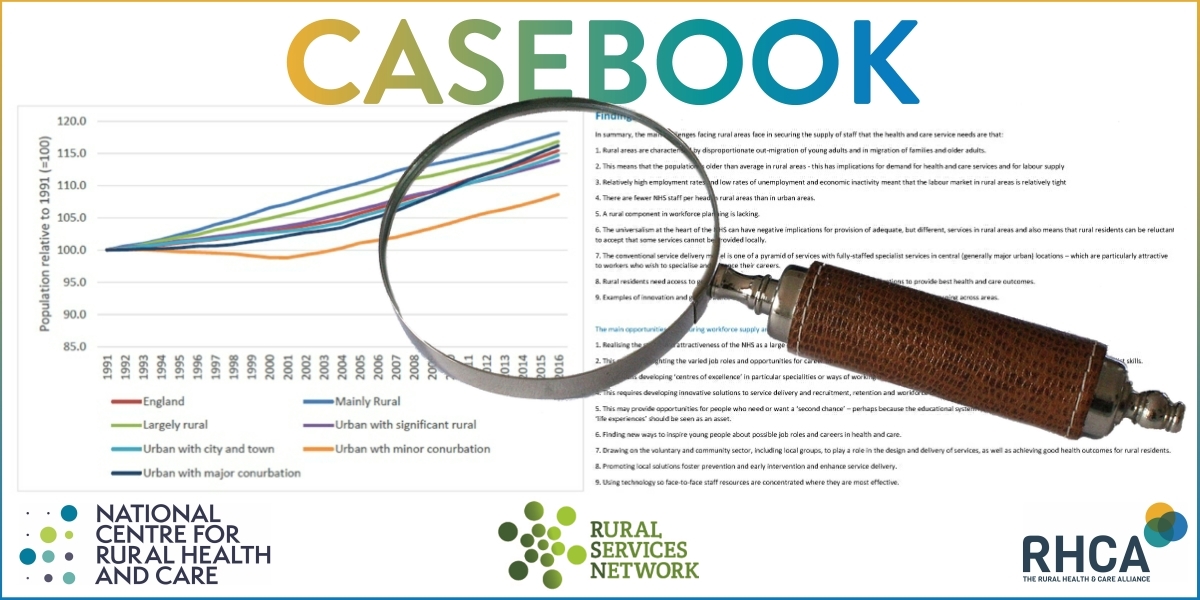
February 2021 Edition
In Casebook this month, vaccines, variants, pubs and reorganisations. Plus, the little matter of the reorganisation of the NHS!! As well as funding opportunities, research, case studies and more.
NEWS COMMENTARY
UK reaches milestone of offering first Covid vaccinations to 15m people
Passing 15 million feels like a moment ……
The government has reached its target of offering at least first vaccinations to the four groups of people in England seen as most vulnerable to coronavirus by mid-February, it has announced.
In a video message sent out via social media, Boris Johnson said Sunday marked “a significant milestone in the United Kingdom’s national vaccination programme”, with a total of 15m first injections offered across Britain.
He added: “In England, I can now tell you, we have offered jabs to everyone in the first four priority groups, the people most likely to be severely ill from coronavirus, hitting the target that we set ourselves.”
Further details would be announced on Monday, the prime minister said, saying that that in the response to coronavirus there would still “undoubtedly be bumps in the road”.
It remains unclear whether the prime minister’s announcement formally marks the completion of the target to offer first injections to the top four groups by 15 February, as the government’s planning documents feature that target as part of what is described as a UK plan for vaccine uptake.
Full article: https://www.theguardian.com/world/2021/feb/14/uk-hits-target-of-offering-first-covid-jab-to-four-most-vulnerable-groups
Covid variants: What are they and will vaccines work?’
Just to keep us on our toes this story tells us:
The UK, South Africa and Brazil variants could be much more contagious or easy to catch.
All three have undergone changes to their spike protein - the part of the virus which attaches to human cells.
As a result, they seem to be better at infecting cells and spreading.
Experts think the UK or "Kent" strain emerged in September and may be up to 70% more transmissible or infectious. The latest research by Public Health England puts it between 30% and 50%.
The South Africa variant emerged in October, and has more potentially important changes in the spike protein. Experts have recently found a small number of cases of the UK variant that have one of these more concerning changes too.
It involves a key mutation - called E484K - that may help the virus evade parts of the immune system called antibodies.
South Africa coronavirus variant: What's the risk?
UK variant has mutated again, scientists say
The Brazil variant emerged in July and has this E484K mutation too.
Full article: https://www.bbc.co.uk/news/health-55659820
Boris will rip the heart out of rural communities if he does not lift lockdown on pubs
A slightly different story with a covid-spin. This reminds us it is very important for us to consider community alongside personal well-being, it tells us:
The warning comes after Downing Street was forced to scotch claims that it intended to allow pubs to reopen in April but not be allowed to serve alcohol until May. But landlords across England have told the Sunday Express that existing restrictions designed to control covid in cities are killing off their businesses and threatening to end centuries of history in towns and villages. This includes ending the ban on them selling takeaway alcohol and the rule which means people must have a substantial meal if they order a drink.
Some in popular tourist areas are hoping that a return to summer holidays may provide a much-needed boost but a Redfield and Wilton survey for the Sunday Express has revealed that 52 percent have already decided to stay at home this year while just 25 percent will go on holiday in the UK.
Phil Doyle, publican at the Three Tuns in Heddon near Hadrian’s Wall, is hoping for a return to the walkers and coach parties who visited his pub on the way to the historic attraction each year.
He became tithe free from the brewery last year but is now forking out thousands of pounds each month to keep the business afloat and believes he has until June or July when he would be forced to give up.
He said: “It’s not that we don’t understand the need for restrictions, we understand that coronavirus is very serious. We just want fairness.”
Full article: https://www.express.co.uk/news/uk/1394402/boris-johsnon-lockdown-restrictions-lifting-rural-pubs
The future of health and care
Two stories which presage a big change acomin….
The white paper is built on more than 2 years of work – with the NHS, local councils and the public.
At its heart, this white paper enables greater integration, reduces bureaucracy and supports the way that the NHS and social care work when they work at their best: together.
It strengthens accountability to this House and, crucially, it takes the lessons we’ve learned in this pandemic of how the system can rise to meet huge challenges – and frames a legislative basis to support that effort.
NHS and social care blueprint: key points
- Every part of England to be covered by an integrated care system (ICS), incorporating local NHS bodies, local government and other organisations, together tasked with supporting integration of health and social care.
- Enhanced “powers of direction” for the government over a newly merged body comprising NHS England and NHS Improvement.
- A recognition that competition is not the only way of driving service improvement, the reduction of bureaucracy on commissioners and providers, and elimination of the need for competitive tendering where it adds limited or no value.
- A requirement for health and adult social care organisations to share anonymised information where such sharing would benefit the health and social care system.
- Introduction of powers for the health and social care secretary to require data from all registered adult social care providers about all services they provide, whether funded by local authorities or privately by individuals.
- A new duty for the Care Quality Commission (CQC) to assess local authorities’ delivery of adult social care services, and a power for the secretary of state to intervene where, following assessment under the new CQC duty, it is considered that a local authority is failing to meet their responsibilities.
- Powers enabling the health and social care secretary to make emergency payments directly to all social care providers when needed to prevent instability in care.
- Increasing collaboration between ICSs and with NHS England on commissioning to make decisions, pool funds and facilitate services to be arranged for their combined populations.
- Power to impose capital spending limits on foundation trusts, which have greater autonomy that non-foundation trusts, where necessary as a safeguard for financial sustainability.
- Establishment of a statutory medical examiner system within the NHS for the purpose of scrutinising all deaths that do not involve a coroner, to increase transparency for the bereaved.
- Tackling obesity by conveying a new power on ministers to alter certain food labelling requirements, in addition to already announced further restrictions on the advertising of high fat, salt and sugar foods including before the 9pm watershed.
- Responsibility for the process of introducing fluoridation of water to be moved from local authorities to central government.
- Bringing forward measures to enable the health and social care secretary to set requirements in relation to hospital food.
- Allowing the Medicines and Healthcare products Regulatory Agency to develop and maintain publicly funded and operated medicine registries in order to provide patients and prescribers, as well as regulators and the NHS, with the information they need to make evidence-based decisions.
- Powers to implement comprehensive reciprocal healthcare agreements with countries outside the EEA and Switzerland to support the health of citizens when they travel abroad, subject to bilateral agreements.
- Remove the Competition and Markets Authority’s function to review mergers involving NHS foundation trusts, placing oversight in the hands of NHS England.
- Allowing the secretary of state to intervene at any point of a reconfiguration process – for example, the closure of several stroke units being replaced with a single centralised hyper-acute unit. At present the secretary of state can only intervene in reconfigurations after a local authority referral.
- A duty for the health and social care secretary to publish a document once every five years setting out roles and responsibilities for workforce planning and supply in England
Full article: https://www.gov.uk/government/speeches/the-future-of-health-and-care
NATIONAL CENTRE UPDATE
Rural Proofing for Health Toolkit
We are now canvassing local health systems to work with us on piloting this facility. We have active discussions in play in Lancashire, Devon, Leicestershire, Suffolk, Surrey and Norfolk. For more information email me at [email protected]
AGM 2020/21
We held our AGM on 3 February 2021. We have an impact card setting out the achievements of the National Centre this year and you can read them on the National Centre Website. Highlights are:
- The recruitment of Professor Sian Griffiths to the Board
- The completion of more Parliamentary Inquiry sessions taking the total achieved to 13
- A membership at its widest point (including RSN members eligible for joint benefits) of 181
- An ongoing action research programme involving: University of Exeter (Dispensing Doctors Association), Wye Valley NHS Trust and Nuffield Trust
- Completion of two toolkits for members and wider practitioners on rural proofing and the impact of Covid
- 5 seminars organised
- Formal partnership arrangements in train with: Lincoln International Institute for Rural Health, NHS Confederation, Rural Services Network and ongoing discussions with the National Rural Health Association in the USA
- Major exposure on rural proofing in Sunday Telegraph and the BBC in relation to the impact of Covid in Rural Areas
Reorganisation of the NHS
This is not down to us! If you read the White Paper though don’t hold your breath looking for references to “rural”. We have featured a couple of articles in this month’s Casebook about the process. Over the next few weeks, we’ll be gathering views and comments and organising our response. We’d be fascinated to hear your views. Please email: [email protected]
Partnership Bid
We’ve submitted a bid with partners in Lincolnshire in partnership with the Remote and Rural Healthcare Education Alliance in Scotland for Health Foundation funding to look at links between health and economic development. We’ll keep you posted on progress!
FUNDING OPPORTUNITIES
This month we focus on three funds namely: Innovate UK offering funds to projects which aim to produce innovative solutions to health and care challenges. Assura offering funding to strengthen the capacity of charitable/voluntary sector organisations to deliver a range of wellbeing activities. Heart Research UK offering up to £10,000 to fund community projects across the UK. To find out more about each of these funds click here
Research Update
Thanks to research funding provided by the Research England Strategic Priorities Fund, local Community Interest Company, The Lincolnshire Refugee Doctors Project is collaborating with researchers from the Lincolnshire Open Research and Innovation Centre (LORIC) at Bishop Grosseteste University to evaluate the success and impact of their first year in operation.
This research project will look to evaluate the impact that the project has had in its first year, not only on its participating doctors, but on local NHS services, and will be completed by April 2021.
https://www.bishopg.ac.uk/news/support-for-refugee-doctors-to-be-evaluated-in-new-loric-project
Case Study: Ageing in a Rural Coastal Area (TED East Lindsey, Lincolnshire)
TED (Talk, Eat, Drink) East Lindsey is part of Aging Better, a programme set up by the National Lottery Community Fund which aims to develop creative ways for people over 50 to combat social isolation and loneliness.
East Lindsey is a large, sparsely populated district within the county of Lincolnshire, which includes the popular coastal seaside towns of Skegness and Mablethorpe. It has a higher-than-average ageing population with 29% of people aged 65 and over. High numbers of older people move to East Lindsey in their retirement years and many have multiple chronic health conditions and few social and familial connections in the region. Public transport across East Lindsey is poor and therefore accessing services can be challenging, especially for older adults.
The overarching aims of the TED Programme are to:
- Reduce social isolation and loneliness
- Help older people to become better connected with volunteering, social, leisure and health improving activities
- Provide opportunities for older people to influence the design, delivery and evaluation of both the services and businesses available to them.
A focus of the work prior to March 2020 was digital inclusion in the over 50’s, however this has become a much more important factor since the onset of the Covid 19 pandemic and has been essential for maintaining the support provided to isolated older residents. The 2020 report Digital inclusion during COVID 19 – identifying gaps and bridging the digital divide(s) considers the impact of digital inclusion on better aging and details the changes that have occurred within the programme since the pandemic began.
Covid has undoubtedly sped up the uptake of digital services, and this has been seen by TED East Lindsey, even in those individuals who had not previously expressed an interest in getting online. There is a risk however, that without better digital inclusion, more people will be left behind as more businesses and services move towards online and digital platforms, something which has also been increased since the pandemic began.
TED East Lindsey give recommendations of how to move towards digital inclusion in an older population and highlights the importance of being “Virtually Together” by taking the delivery of groups and activities online, with the key message being to ensure to make engagement accessible, and most of all, fun. The programme suggests approaches to help with including those who are less able to access digital services fully for whatever reason, for example by combining digital groups with socially distanced visits; in using digital platforms in suitable ways for individuals, such as using emails to keep people in touch with projects and groups and combining this with phone calls to check how individuals are doing; or even using conversations as a way of creating online content that others can then engage with.
The report also highlights a range of factors that can influence digital inclusion, which include:
Access – infrastructure, access to devices, mobile signal and internet connectivity;
Skills – the ability and confidence to: manage information, communicate, buy goods, problem solve, and create using digital platforms;
Accessibility – how accessible digital services and devices are, including the need for assistive technology;
Affordability – of devices and connections to mobile phone signal, broad band, wi fi and mobile data;
Understanding – an appreciation of the risks and benefits associated with digital access;
Interest level – how interested and motivated people are in accessing digital platforms, including: previous experience levels of using the internet; perceptions of the relevance and value of using the internet; perceptions of the cognitive ability required; and the influence of family members;
The report concludes that there will always be a “residual core” of older people who do not achieve digital inclusion for a variety of reasons, but that the actions of delivering appropriate support and blended services, and of making digital access fun and motivating are making positive steps towards increasing digital access in East Lindsey. Many of these suggestions are replicable across wider geographies for older people in rural areas.
We’d love to hear from you - share what you’re proud of
The RHCA provides news, information, innovation, and best practice. If you have something, you would like us to feature in a future edition, please let us know by clicking here to send us an email.
Spread the word
If you know of other organisations that you think would benefit from joining the Rural Health & Care Alliance, please click here to email us and let us know.
RURAL SERVICES NETWORK
Up to date news on Health and Care
The Rural Services Network provides a useful source of themed news content and data. Check out the latest news on Health & Wellbeing and Vulnerability, where you’ll find articles on a diverse range of rural issues affecting rural communities . You might also find this research on Over 65 Population Projections useful too.
Latest from RSN Member Insights
Member Insights exploring Health, Wellbeing, and Social Services can be accessed here. Future analyses that will shortly be published on the website will explore population estimates, population projections, life expectancy and internal immigration.
| The Rural Health & Care Alliance is a membership organisation administered by the Rural Services Network on behalf of the National Centre for Rural Health & Care. Explore the RHCA service below: |
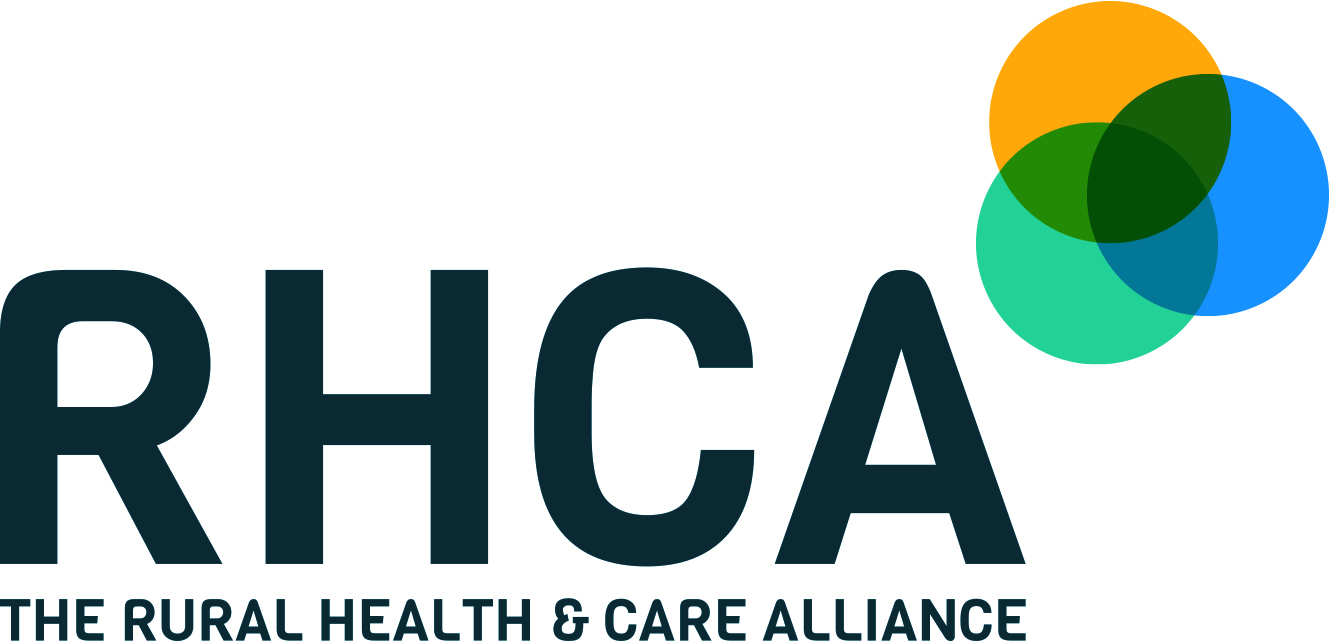 |
 |
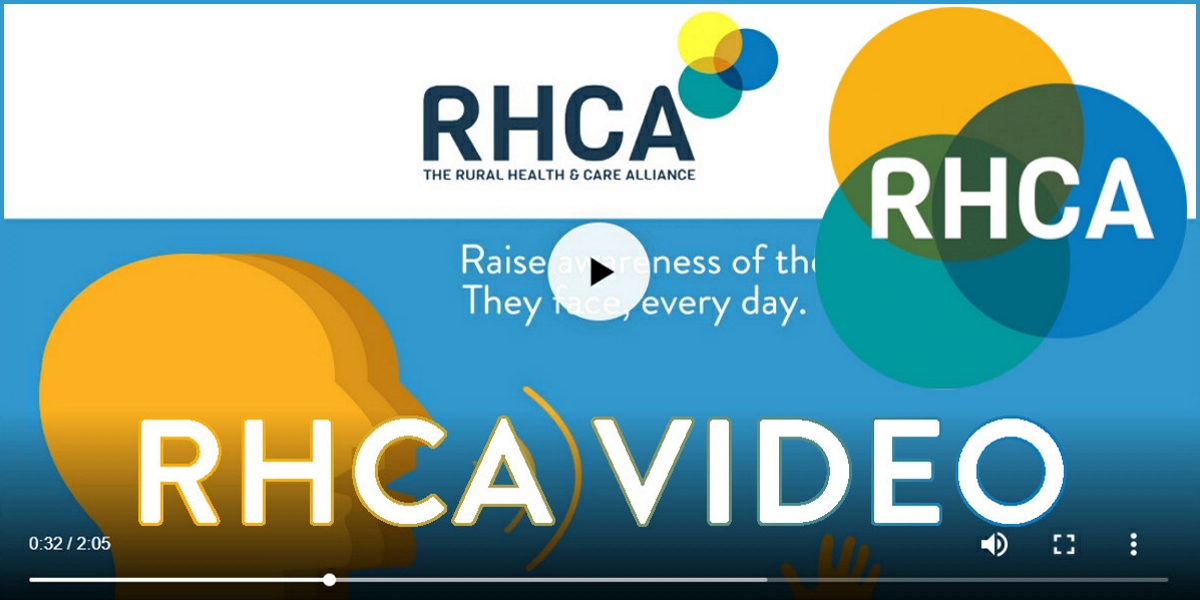 |
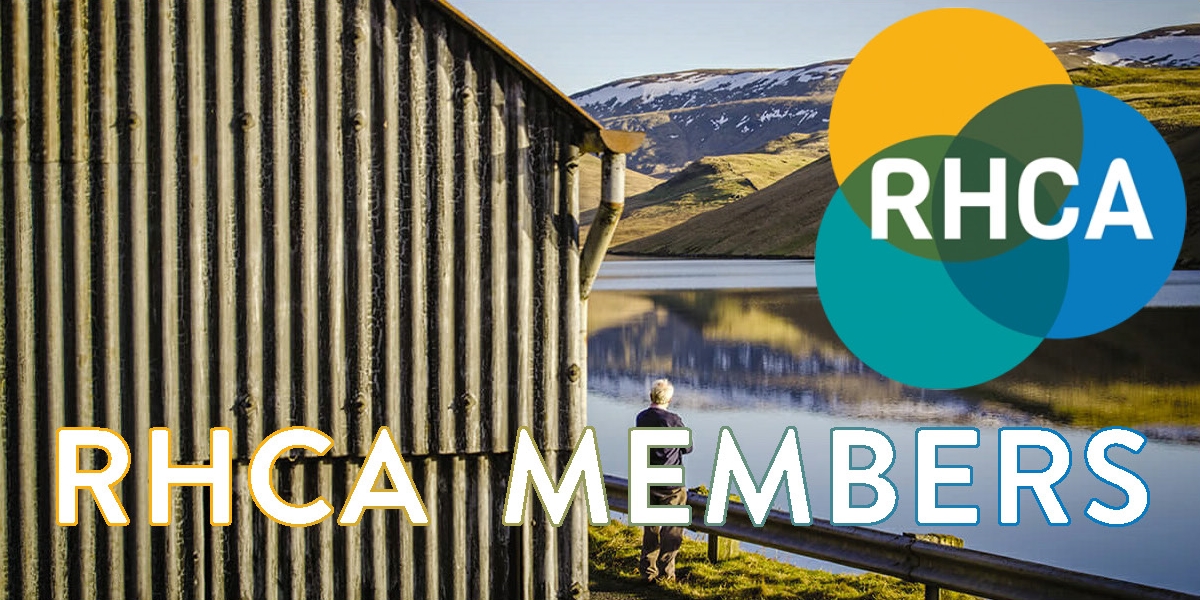 |
 |
 |
 |
 |
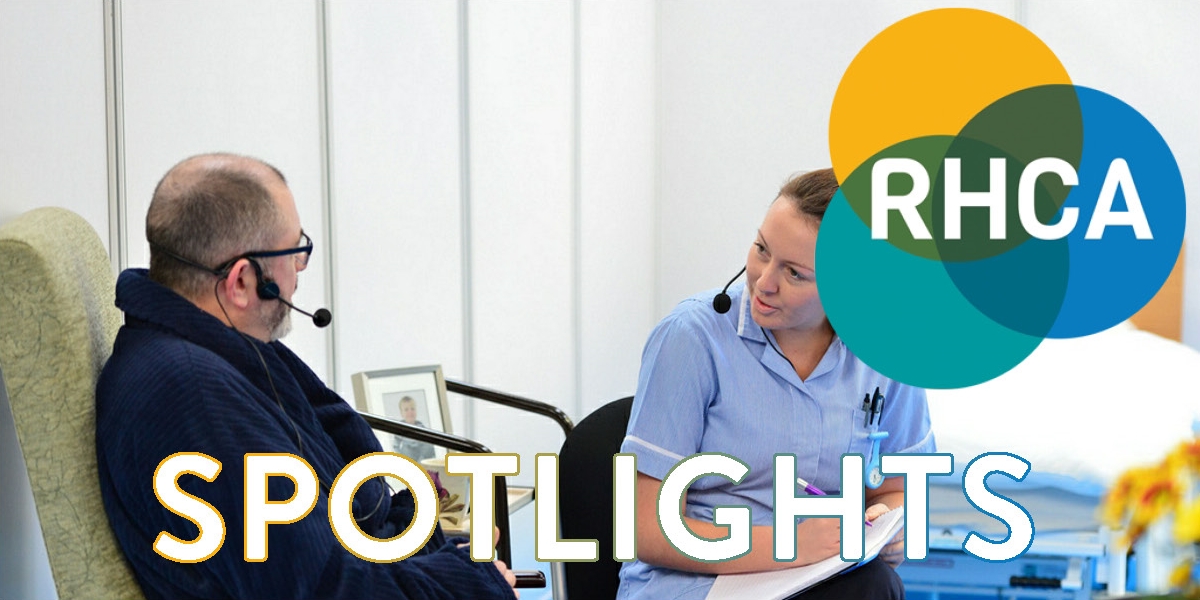 |
 |










